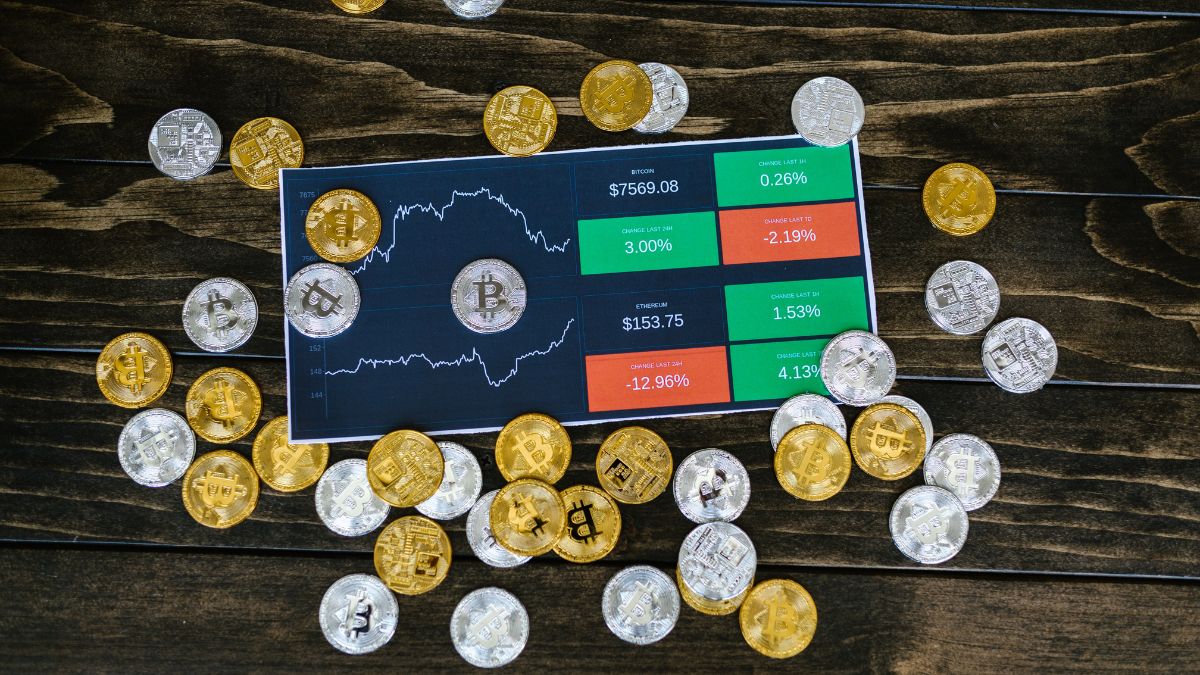
Brazil Welcomes New Crypto Law: Details
- After seven years of debates, the Chamber of Deputies of Brazil, have officially passed the crypto bill while the most controversial points in the same have been dropped and the only thing left is for the bill to be sanctioned by the President, Jair Bolsonaro.
- The crypto law covers rules and guidelines “to guide infra-legal regulation, consumer protection and protection, the fight against financial crimes and the transparency of operations involving cryptocurrencies.”
- The body appointed by the Executive will be governing the approval of crypto firms and brokers for operating in Brazil and all clues hint to the fact that this regulator will be the Central Bank (BC).
Lawmakers in Brazil, the largest country in both South America and Latin America, have officially passed a crypto regulation bill that governs cryptocurrency exchanges, firms, tokens, their issuance, along with the promotion of these blockchain-based assets. Additionally, the punishment for crypto-based crimes has also been mentioned in the bill, which includes imprisonment as well as a fine.
As per a report, after seven years of debates, the Chamber of Deputies, a federal legislative body and the lower house of the National Congress of Brazil, has officially passed the crypto bill and the most controversial points of the bill have been removed. Interestingly, the only thing left is for the bill to be sanctioned by the President of the Republic, Jair Bolsonaro.
Brazil has entered the realm of countries that have brought crypto regulations to protect the investors in their jurisdiction. The text was approved in a session that had begun on Nov. 29, Tuesday which included debates about changes in the PL made by the Senate. The draft bill, which was authored by Aureo Ribeiro, a Brazilian politician and a businessman.
Meanwhile, the report stated that Ribeiro was against the changes in the proposals was against the changes made in the session “claiming that he would plaster the market — in particular the point of patrimonial segregation — that ended up being blocked by the House.”
In crypto, patrimonial segregation is a very important rule that establishes the fact that when a customer deposits their crypto in a platform, they remain the owner of the tokens. This means that during the time of bankruptcy, the firms are not to use their customers’ funds to pay off their creditors.
Some of Brazil’s lawmakers decided to debate on the topic later while informally, some leaders “preferred to approve the same even during the administration of President Jair Bolsonaro ( PL ), due to the fear that Luiz Inácio Lula da Silva’s new administration ( PT ) could show resistance to the theme.” However, for now, the decision has been left out.
Additionally, the crypto law approved by lawmakers in Brazil covers rules and guidelines “to guide infra-legal regulation, consumer protection and protection, the fight against financial crimes and the transparency of operations involving cryptocurrencies.” The law also includes certain provisions and protocols for service providers related to virtual assets and for the functioning of cryptocurrency brokers as well.
According to the crypto bill, the bodies appointed by the Executive will be governing the approval of crypto firms and brokers for operating in Brazil. Moreover, the report adds that all clues indicate that this regulator will be the Central Bank (BC) due to the substancial knowledge it possesses of the blockchain and crypto space.
“As stipulated in the PL, the Executive Branch will create standards in line with international standards to prevent money laundering, concealment of property, the performance of criminal organizations and the financing of terrorism,” reads the report.






